DIY Health

Thanks to living in the age of Google and WebMD, figuring out what's ailing us isn't as difficult as it used to be. But while a cold is easy enough to diagnose and scanning for suspicious moles is likely something you're already doing, there may be more subtle clues your body is exhibiting that you haven't picked up on yet. Here are a few self-checks that medical and nutritional experts advise doing to ensure you're in tip-top health.
Problem: Dull Nails
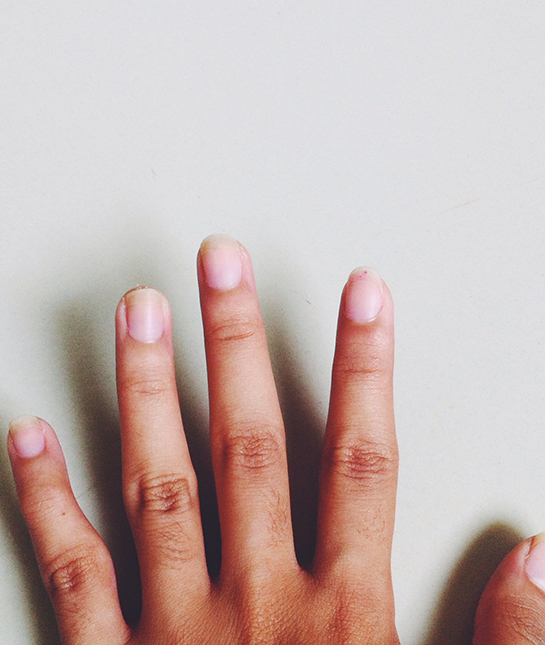
Before heading to your next manicure, take a moment to inspect your nails. Are they dull or do they have horizontal ridges? Either may be a sign of a protein deficiency or malnutrition, says Kate Kanner, a registered dietitian with Fairfield Medical Center in Lancaster, Ohio. Horizontal grooves may also develop as a result of an acute illness, such as pneumonia, she notes. By comparison, nails with vertical ridges are fairly normal, especially as we age, says Kanner.
Nail Fix
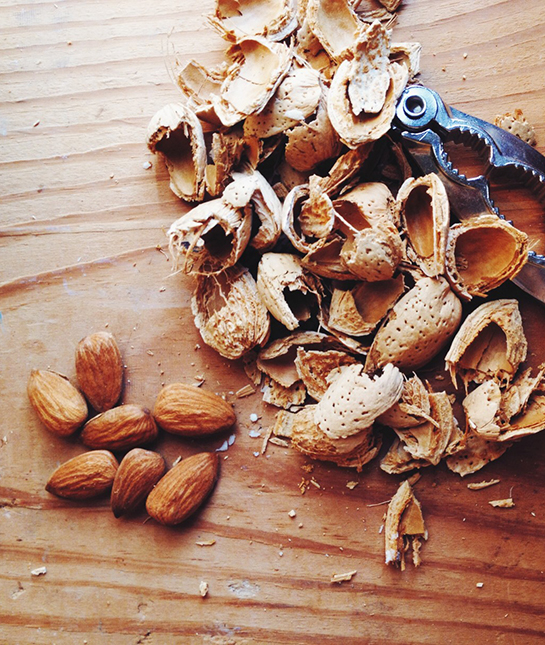
To get rid of ridges, focus on eating more protein. Kanner suggests consuming 0.8 to 1 gram of protein per kilogram of your body weight each day (as one example, a 150-pound person should be consuming about 68 grams of protein daily). Kanner encourages her clients to focus on plant-based proteins, such as tempeh, tofu, beans and nuts, since they also pack in some fiber and heart-healthy unsaturated fats.
Problem: Dry Skin

While we tend to think of dry skin as a beauty blunder, it may require more than an extra dose of moisturizer. According to Kanner, dryness could also indicate dehydration or that you're not consuming adequate amounts of essential fatty acids or vitamin A.
Dry Skin Fix
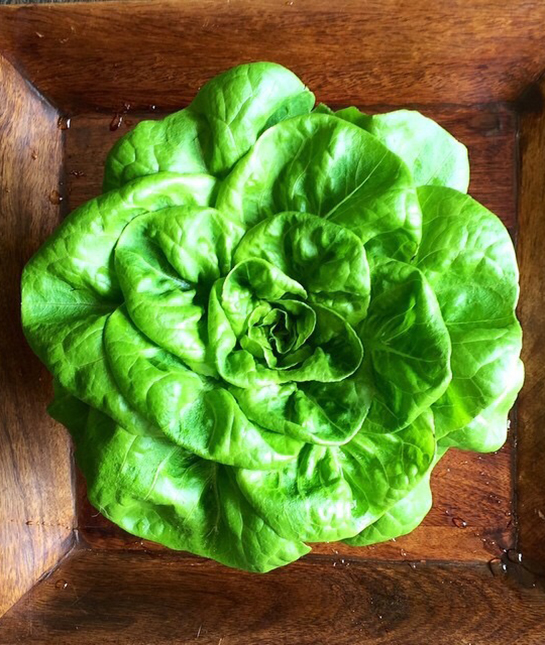
To see if your skin is dehydrated, try this test: Pinch your skin and see how quickly it springs back. Skin with poor turgor (meaning it's slow to rebound to its original position) indicates dehydration, says Kanner. Make sure you're drinking plenty of water and consider supplementing with or eating more foods containing essential fatty acids (such as hemp, flax seed,walnuts and almonds) or vitamin A (found in sweet potatoes, carrots, dark leafy greens and bell peppers).
Problem: Waking Up Exhausted + Sleeping In

Ever have an 8-hour night of sleep but feel like you only got two? Or do you live for sleeping in on the weekends? Either may be signs that you're not getting optimal sleep. As for waking up exhausted, the underlying cause could be sleep apnea, says Dr. Robert S. Rosenberg, Board-Certified Sleep Medicine Physician and author of "Sleep Soundly Every Night, Feel Fantastic Every Day." Other signs of this sleep disorder include having to urinate frequently in the middle of the night or waking up with headaches. If sleeping in is your guilty pleasure, this also is a sign that your body isn't getting optimal rest. "Sleeping extra hours on the weekend can be a sign of social jet lag [a shift in sleep schedule that typically happens on days off from work] and a resulting sleep debt," says Dr. Rosenberg. "You are not getting enough sleep on the weekdays and your brain keeps track of this and tries to compensate on weekends."
Not-Enough-Sleep Fix

Strive to get seven to nine hours of sleep each night and stick to a set wake schedule every day, suggests Dr. Rosenberg. To ease yourself into a deep, satisfying sleep, he recommends starting to unwind at least 90 minutes prior to bed. Additionally, avoid television, computers, cell phones and all other electronics at least an hour before. And during the day, observe the amount of light in your workspace. "We know that people who work in darker environments have more trouble going to sleep and waking up in the morning," he says. "This is because light is the strongest external stimulus for entraining the circadian system." As for treating sleep apnea, you may want to consider a CPAP (Continuous Positive Air Pressure) device. Or, he notes that certain lifestyle changes may also prove effective, such as losing weight, avoiding alcohol, quitting smoking and increasing exercise.
Problem: Slow-Healing Bruises
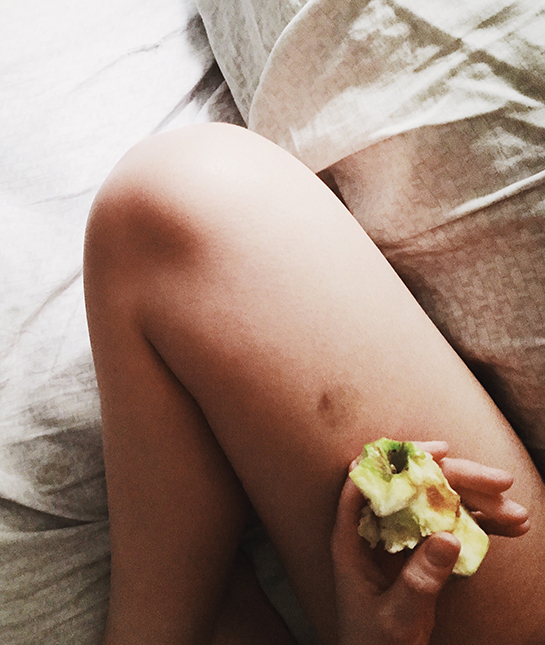
While you may be quick to pass off that new bruise as a careless misstep, make sure it heals and that more don't appear out of nowhere. Bruises—especially ones that result from light pressure—could suggest that you're low in iron and protein, says Dr. Allana Polo, ND, a certified naturopathic physician and owner of Polo Health + Longevity Centre. Furthermore, if a bruise, cut or scrape isn't healing quickly, this could also be an indication of high blood sugar or pre-diabetes, which slows circulation and causes wounds to take longer to heal.
Bruising Fix
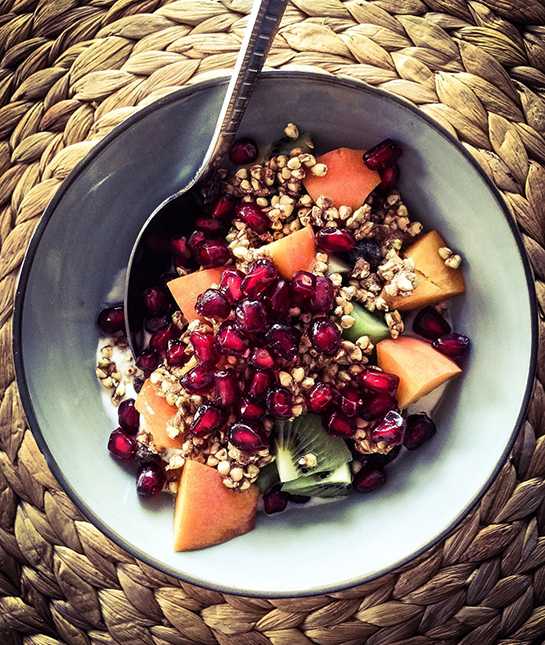
Your diet is the place to start to try and fix slow-to-heal bruises. Be sure you're getting adequate protein and iron (and consider taking a blood test to get an idea of your levels) and aim to lower your carb and sugar consumption. "Always remember to pair each meal with a protein and a good fat, as that slows down the absorption of sugars in our bloodstream," says Dr. Polo. "Also, try to incorporate more whole grains like quinoa or brown rice or eat sweet potatoes to maintain stable blood sugars. Avoid all processed foods and anything 'white.' No white bread, white rice, white potato or white sugar," she says.
Problem: Eyebrow Thinning

If your eyebrows are getting thinner, it may indicate an issue with your thyroid, such as hypothyroidism, says Dr. Polo. If this is the case, other warning signs include unexpected weight gain, dry skin and hair, brittle nails, constipation and feeling perpetually cold.
Thinning Eyebrow Fix
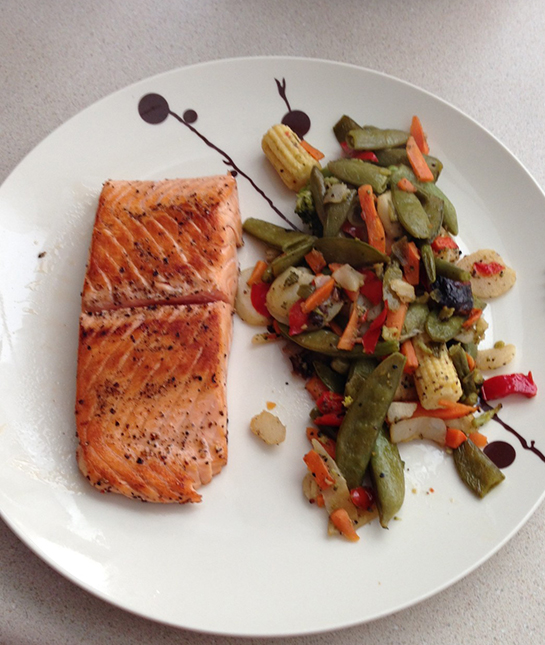
"The thyroid is a very important gland in our bodies that is in charge of numerous roles and functions to support optimal health," says Dr. Polo. "Most importantly, it produces hormones that regulate temperature, metabolism, mood, energy levels and cardiovascular health." Hypothyroidism can be diagnosed with a blood test and easily avoided by eating more foods that optimize thyroid function, says Dr. Polo. A few examples include fish for omega-3 fatty acids (especially wild salmon, trout, tuna or sardines), Brazil nuts, macadamia nuts or hazelnuts as a source of selenium and seaweed, which is a great source of iodine. And if unexpected weight gain occurs as one of the symptoms, Dr. Polo stresses the importance of fresh fruits and vegetables being part of every meal to keep your nutrient intake high and your calorie intake low.
Problem: Colorful Urine

Add this to your list of today's goals: Achieve clear urine by bedtime. While it's normal for urine to be darker in the morning since it's more concentrated, that color should fade as you become more hydrated, says Dr.Polo. (One caveat: If you take supplements throughout the day, your urine could be a bright yellow or even a green color, depending on the vitamins and minerals. Regardless, it's worth checking with your doctor if it alarms you in any way, says Dr. Polo). Other colors to consider as warning signs: Red (this may signal a urinary tract or bladder infection) and brown or darker urine as this could be an indication that there's an issue with the liver or kidneys.
Colorful Urine Fix
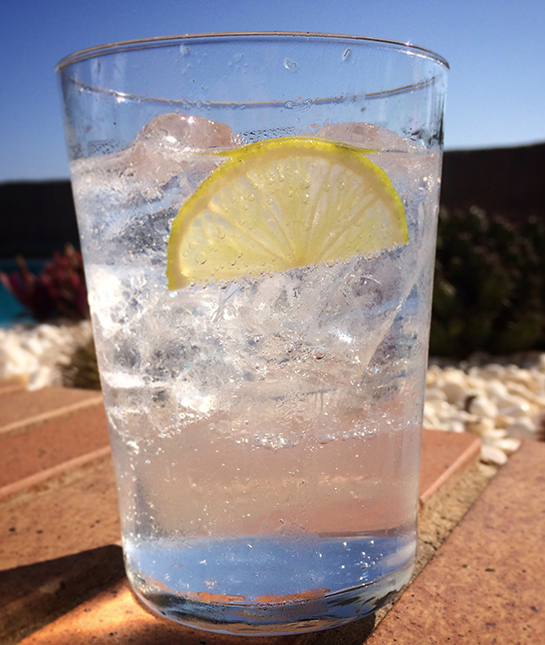
Dr. Polo's rule of thumb: If it's a concern to you, get it checked out. This includes a difference in color or odor that isn't due to a dietary change as well as experiencing any abdominal or lower back pain. If your urine isn't getting clearer throughout the day, make sure you're getting your daily water quota. (Hint: Divide your bodyweight in half to determine how many ounces you need.)
Problem: Decoding the Deuce

Bodily functions aren't something most of us want to think about—much less talk about. But, like it or not, what you're excreting can offer plenty of insight into your health's status, particularly your digestive system. Monitor how frequently you're going (normal bowel movements occur daily, if not twice daily, and are firm and solid without any undigested food, says Dr. Polo) as well as the shape of your stool (a "perfect poop" is S-shaped like the shape of your colon, she explains).
The Deuce Fix
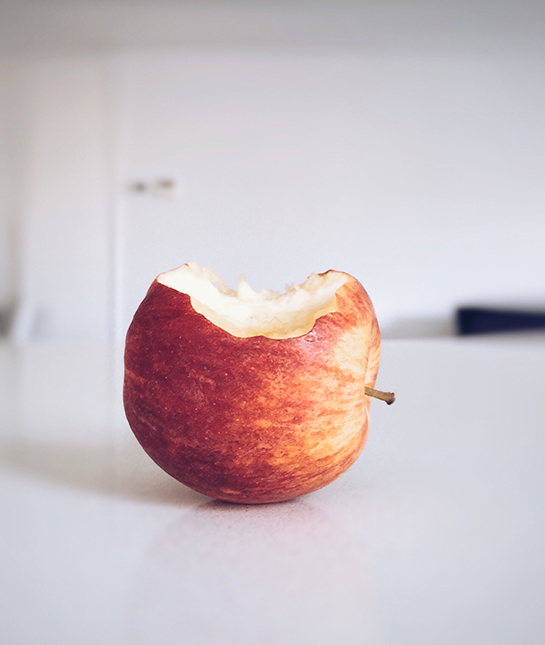
Again, look to your diet, especially the amount of fiber you're typically consuming. The USDA recommends 25 grams of daily fiber for women and 38 grams for men (a few foods rich in fiber include raspberries—which have 8 grams per cup—as well as guava, persimmon and apples). If you're noticing undigested food, it's time to slow down and chew more. And any blood or mucous should be reported to your doctor.




